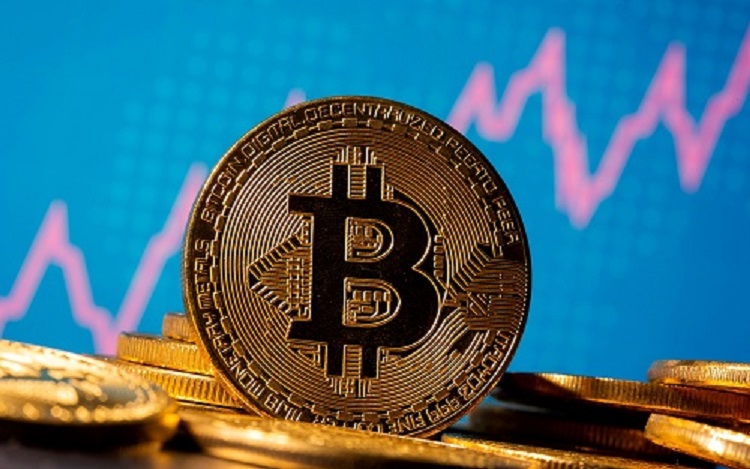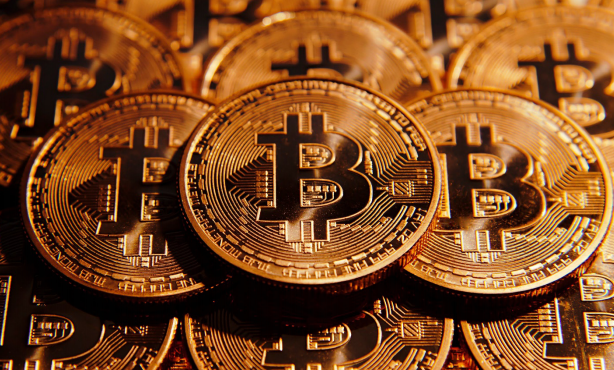The fact that Bitcoin has become a widely accepted online payment method is well-known, and as its usage increases, it is essential to be aware of the potential risks associated with it. It is important to understand how to protect your Bitcoin from online threats and securely store it. One way to invest in Bitcoin is through online trading platforms such as Quantum Code.
So, how can you achieve that? With the understanding that information is power, you can take matters into your own hands or seek the assistance of a cybersecurity consultant. This article will explore some of the most effective methods for safeguarding your Bitcoin against online threats. We’ll cover everything from two-factor authentication and strong passwords to cold storage and multi-sig wallets to help you protect your cryptocurrency from hackers.
Bitcoin investors face online threats.
Being aware of potential online threats to your Bitcoin assets is crucial as they can come in many forms. It is essential to have an understanding of how phishing schemes and malicious malware operate in order to stay safe.
We're now on WhatsApp. Click here to join.
Unsavory software
Malware, which is any malicious software such as viruses or Trojan horses, can infect your computer and steal your Bitcoin. It’s important to keep your antivirus software up to date and only conduct Bitcoin transactions through reputable online platforms to protect your assets.
Best Practices for Cloud Security
There are several best practices you may adhere to when it relates to cloud security. The following information may help you safeguard your Bitcoin from internet threats:
Firewalls
A firewall is the first protection against hostile actors accessing your systems. Ensure any barrier you use is current to guarantee that it can block the most recent attacks. Remember to use two-factor authentication as an additional security measure.
Authentication of users
Use secure passwords and zealously preserve user login credentials. Also, you should restrict access by requiring users to check in before making modifications and routinely examine logs to spot any unusual behavior or interference with your network or systems.
Patches and updates as needed
Maintaining the most recent security updates on your hardware and software can assist in lessening any vulnerabilities that criminals can take advantage of.
Utilizing Encryption and Two-Factor Authentication
To safeguard your digital assets, you must secure your Bitcoin wallet. Using two-factor security and encryption is one of the finest methods. These methods are simple yet will significantly boost the safety of your money.
Two-factor authentication, or 2FA, calls for an additional login layer that often takes the form of a code sent to your phone or email to log into your account. If someone tries to access your profile by guessing or guessing your password, this additional step may help keep it safe and secure.
You may also use encryption to ensure that private information about your Digital wallet is kept confidential and safe. Using encryption software, you may encrypt data so users can read it only with a unique key or passcode. It means that, indeed, if someone were to get into your account, they would need to possess the key or passphrase to obtain critical information on your wallet holdings.
Setting up two-factor encryption and authorization will take only a few seconds. Still, it will significantly reduce the likelihood of someone successfully attacking and compromising your Bitcoin wallet.
How to Safeguard Your PC from Malware
Your computer has to be protected just as much as your wallet. It’s essential to take precautions to safeguard your device since malware and viruses can hijack your machine and retrieve the stored Bitcoin.
Here are some pointers for being secure:
Install trustworthy antivirus software and make sure it’s current. Since it will stop malicious files, identify unusual activities, and quarantine any dangers before propagating, it should be someone’s first line of protection.
Don’t click on sites you don’t trust or open emails via unknown senders. Be cautious about what you view online since this might be a route for malware to enter your machine.
Keep your computer system updated with the most recent patches and developer fixes. Install them as soon as available because operating systems often provide security upgrades to shield users from internet dangers.
Use strong passwords for all your services, and be sure to change them often to keep one step ahead of hackers who are always hunting for vulnerabilities they can attack.
Following these easy steps, you can safeguard your online safety and the Bitcoin in your wallet from would-be attackers!
Conclusion
In conclusion, it is important for users to take responsibility for safeguarding their Bitcoin from internet risks. This can be achieved by using strong passwords, enabling two-factor authentication, and adopting secure online behaviors.
It is also important to be cautious of strangers and to only use reputable platforms for Bitcoin transactions. By practicing due diligence and adhering to best security practices, users can protect their digital currency and prevent it from falling into the wrong hands.





